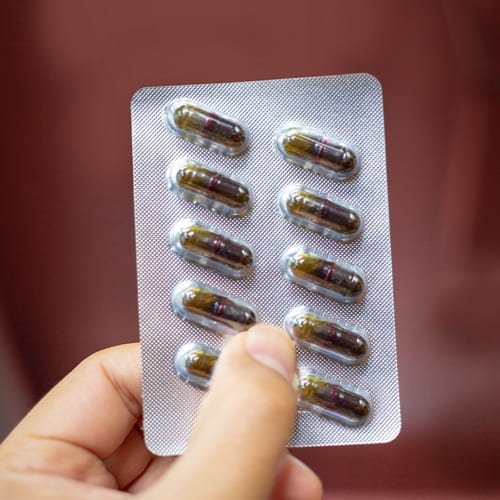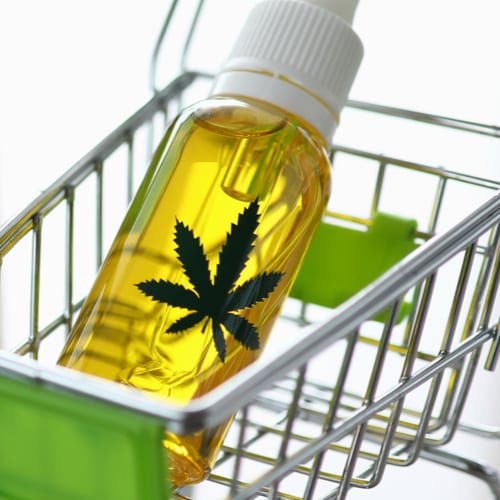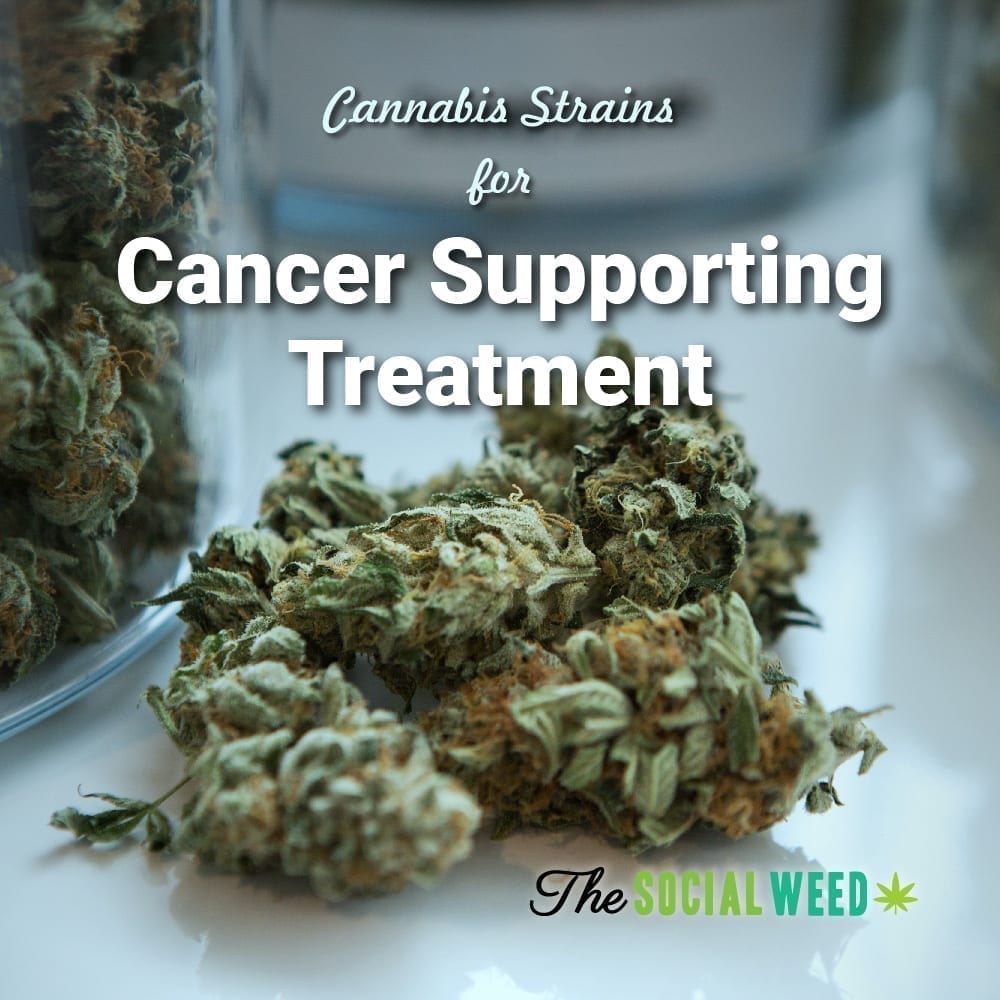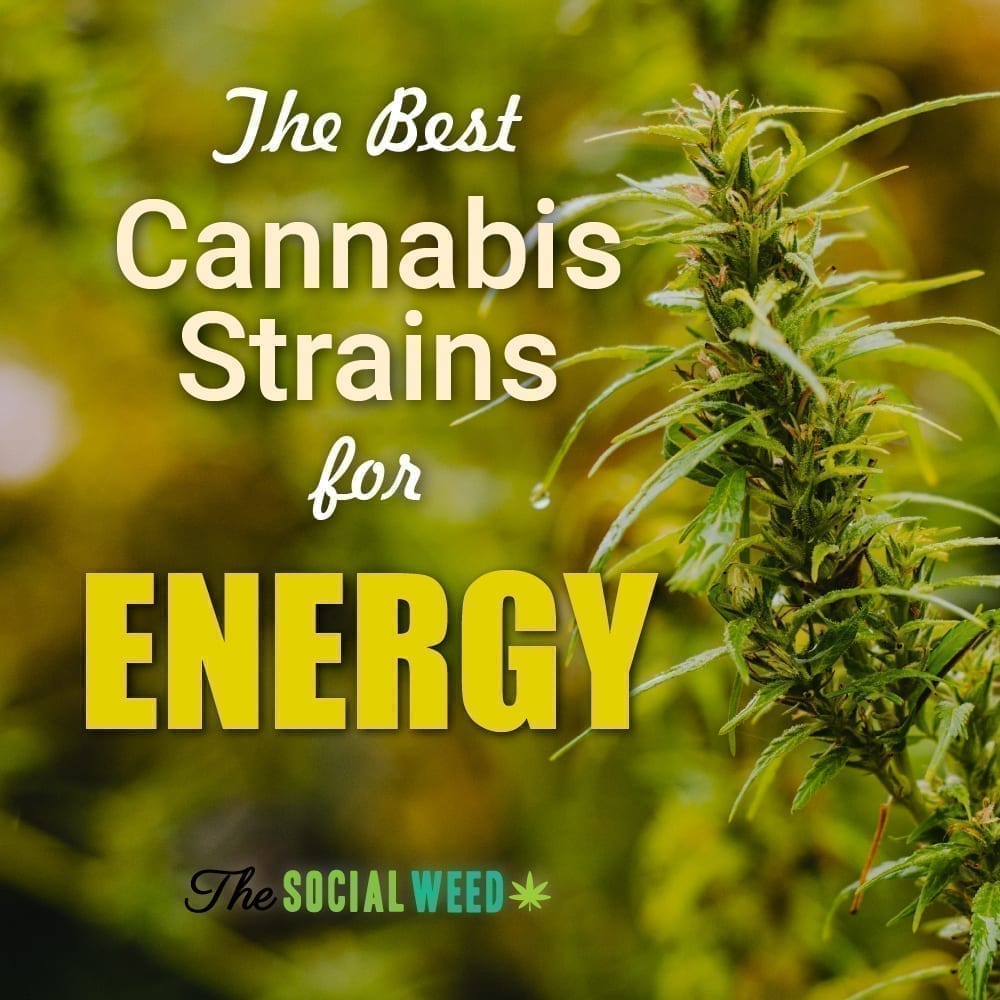
Should cannabidiol be regulated as a supplement, or a drug? Is it effective? Safe? Big business waits impatiently in the wings as the agency thinks through decisions to shape a multi-billion-dollar industry.
Seeing cannabidiol, or CBD, everywhere? Lots of companies and marketers hope you are.
CBD cocktails, CBD pet products, CBD seltzers, CBD-themed dinners, and CBD lotions are just a few examples of the CBD “stuff” that has fueled a consumer wellness craze over the last few years. CBD is a naturally occurring compound found in both what most people know as marijuana, and its cousin hemp, which just last year became a nationally legal crop. The revenue potential for CBD, which has found a growing number of evangelists for its therapeutic properties, has mainstream entities like CVS and DSW (Designer Shoe Warehouse) diving in, while others, like Coca-Cola, watch closely.
Despite their ubiquity, though, CBD products continue to be sold in something of a regulatory gray area—one that some hemp industry advocates are calling on Congress to clarify rather than waiting for the slow-moving Food and Drug Administration (FDA) to release specific, permanent regulations. It has been six months since Senate Majority Leader Mitch McConnell helped push through an amendment attached the 2018 Farm Bill that removed hemp from the Controlled Substances Act and established its national potential as an agricultural commodity.
The responsibility for CBD fell into the lap of the FDA, and, true to its history with complicated public health decisions, the agency is taking its time.
Stakeholders will gather Friday for the FDA’s first public discussion about public health and safety concerns regarding CBD, as the agency prepares to forge rules for both consumers and businesses alike. While final decisions likely won’t come for some time, the meeting will help begin to establish whether there is adequate research to show that CBD products can be safely sold over the counter. The questions to be explored include how people are using CBD now, whether it has any known side effects, and whether there are any issues with how CBD interacts with other drugs.
The elephant in the room is last year’s FDA approval of Epidiolex, a CBD-based cannabis plant extract for patients with epilepsy, developed by GW Pharmaceuticals. That a CBD product is now an approved pharmaceutical drug could affect how other CBD products, including those already lining shelves from coast to coast, are regulated.
With so much at stake, disclosures reveal companies and organizations have lobbied the FDA or Health and Human Services on hemp and CBD-related issues. Those companies include the vaporizer company PAX Labs; the National Community Pharmacists Association; Greenwich Biosciences, a subsidiary of GW Pharmaceuticals; and Corbus Pharmaceuticals, according to Senate lobbying disclosures.
In the meantime, some hemp advocates have been growing impatient.
A Congressional solution?
Hemp advocacy groups, including Vote Hemp and the US Hemp Roundtable, are pushing Congress to speed things up by sending a clear message to the FDA to provide a “two-lane” or “two-track” approach for CBD products: products containing a lower amount of CBD could be considered natural food or supplements, while higher concentration products would be categorized as pharmaceutical drugs. Exactly what congressional involvement might look like isn’t yet known, but it would likely be attached to a spending bill or another appropriate bill rather than as a stand-alone piece of legislation, Patrick Goggin, a Hoban Law attorney who advises clients in the hemp and CBD industry, told Cannabis Wire.
Eric Steenstra, the president of the hemp advocacy group Vote Hemp, told Cannabis Wire that CBD would not be unique for having approval processes for both a pharmaceutical and over-the-counter or health food products. Red yeast and Lovastatin, a cholesterol lowering pharmaceutical, share many of the same chemical elements. Fish oil is both prescribed and can be bought over the counter, Steenstra said.
The push to have separate regulations for different CBD products is not just happening in the US, but also in Canada, where hemp and health food advocates are hoping to reverse the classification of CBD as only a pharmaceutical. The Canadian Health Food Association and the Canadian Hemp Trade Alliance released a white paper in May titled “A call for smart regulation of CBD” in which they lay out their position that the federal government should remove CBD from the “prescription drug list in certain dosages for use in therapeutic (natural health) products and supplemented foods.”
The white paper also takes note of the competition, including the 2018 Farm Bill’s legalization of hemp and what it could mean for the role of the US in the “multi-billion dollar global CBD market.”
Steenstra said that industry groups are in touch with Senate Majority Leader McConnell, Oregon Senator Ron Wyden, and other lawmakers regarding paths forward and alternatives to the FDA. “Everyone is seeking a path to allow CBD supplements to be sold legally. The FDA path is a long one requiring science and the concerns of pharma,” he said in an email.
In January, Wyden sent a letter to the FDA urging the agency to “immediately begin updating regulations.” A Wyden spokesperson told Cannabis Wire the senator is “exploring the best path forward.” McConnell’s office declined to comment.
Bob Hoban, a longtime hemp industry advocate and attorney, told Cannabis Wire that CBD regulations are developing similarly to those created for natural foods, and those rules took the agency about two decades. Hoban said he has been in regular contact with regulators at the FDA and things are progressing well, if slowly. In the end, Hoban believes that the agency will help the CBD industry establish itself.
“It’s like moving an iceberg and that iceberg is going to move slowly,” Hoban said of the FDA’s process. Eventually, Hoban predicts, the FDA is likely to develop standards based on potency and on synthetic-versus-naturally-occurring cannabinoids, which the industry will have to follow in order to qualify for either the pharmaceutical or supplement and natural food tracks.
Others worry that pharma companies won’t blithely let competitors occupy cheaper shelf space in front of the drug counter. As Cannabis Wire previously reported, Jeff Chen, director of the Cannabis Research Initiative at UCLA, told an audience at a cannabis conference in Los Angeles that pharmaceutical companies have millions of dollars at stake in the FDA’s decisions on CBD. Chen told the cannabis audience that these pharma companies are “an existential threat to your income.”
FDA’s big decision
To address the eager hemp and CBD industries, as well as confused and interested consumers, the FDA sought to spell out its position in April with a comprehensive FAQ that included a series of questions: Has the FDA greenlit CBD as a dietary supplement? Is it legal to sell CBD-infused foods? The agency’s answers are long but, on many of these kinds of questions, they boil down to a solid “No.”
Industry tends to think that regulators move too slowly, said Lawrence Deyton, a former FDA tobacco regulator and now George Washington University professor. Deyton also serves as a volunteer for the US Pharmacopeia (USP), which establishes standards for human and animal drugs, whether prescription or over-the-counter, as well as supplements and food ingredients. The USP named as a key activity in fiscal year 2018 the development of “cannabis standards,” noting that “in response to scientific inquiries from states, regulatory agencies, and science organizations, USP is continuing to act as a resource and as a technical advisor,” including work with Health Canada, which oversees cannabis in Canada.
Deyton is involved with this effort, he said, as the FDA enforces the standards the USP determines. He also called for more time for the hemp rulemaking process because hemp suffers from the same lack of research that has plagued cannabis. “It is what it is,” Deyton said. “People have been wanting to do research [on cannabis] for decades.”
In the meantime, Deyton said he was impressed by the FDA’s openness in the FAQ document, which laid out good interim steps for the industry including marketing and manufacturing standards. “Given the specificity in the FDA documents, I think they’re hungry to work with industry,” Deyton said. “They see their job as protecting the public health.”
Source: CannabisWire.com





